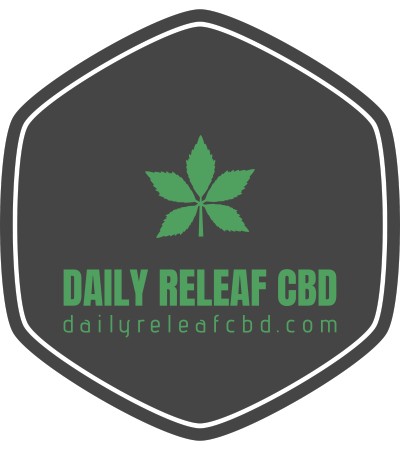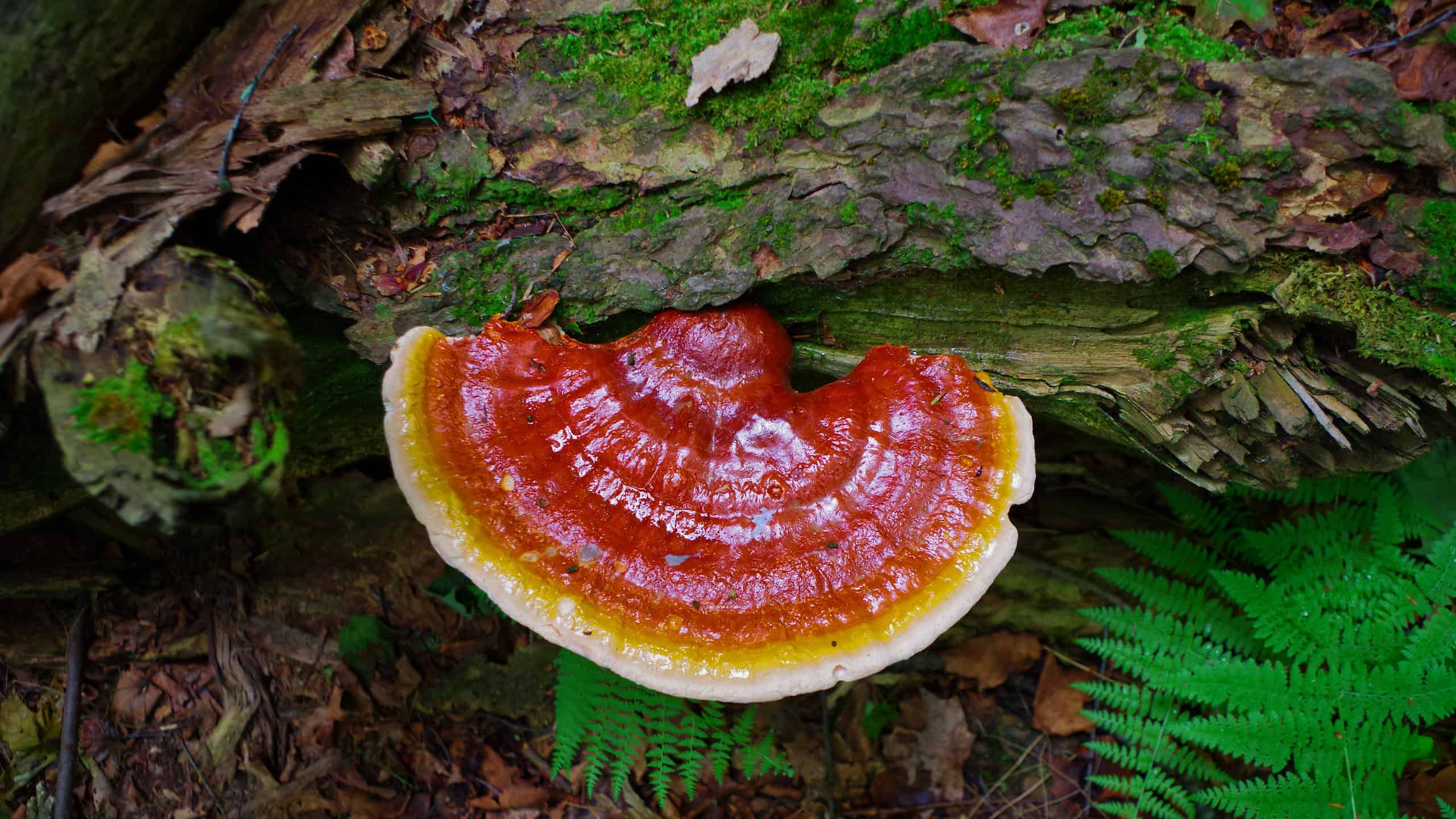Introduction
Reishi mushrooms, scientifically known as Ganoderma lucidum, have a long history of use in traditional Asian medicine for their purported health benefits. Often referred to as the “mushroom of immortality” or “king of mushrooms,” Reishi is revered for its potential to support various aspects of health and well-being. In this comprehensive guide, we will explore the various facets of Reishi mushrooms, including their history, traditional use, sources, potential health benefits, recommended dosages, potential risks, and how to incorporate Reishi into your daily routine.
A Historical and Cultural Perspective
Reishi mushrooms have a rich history that spans over 2,000 years, deeply rooted in traditional Chinese and Japanese medicine. Known as “Lingzhi” in China and “Reishi” in Japan, these mushrooms were traditionally associated with longevity, health, and spiritual enlightenment. Emperors and nobility considered Reishi a precious and powerful herb, often reserved for their personal use.
In traditional medicine, Reishi was used to address various health concerns, including fatigue, insomnia, respiratory issues, and more. It was also believed to boost vitality and extend one’s lifespan. The mushroom’s scientific name, Ganoderma lucidum, translates to “shiny skin” or “spiritual potency,” reflecting the reverence it held in these ancient cultures.
Understanding Reishi Mushrooms
Reishi mushrooms are a type of medicinal mushroom that belong to the Ganodermataceae family. They are characterized by their distinctive reddish-brown, kidney-shaped cap and woody texture. While they can be found in the wild, Reishi is also cultivated for medicinal purposes.
Bioactive Compounds
The potential health benefits of Reishi mushrooms are attributed to the presence of bioactive compounds, including:
- Beta-glucans: These polysaccharides are known for their immune-modulating properties.
- Triterpenoids: These compounds are considered to have anti-inflammatory and antioxidant effects.
- Ganoderic acids: A group of triterpenoids that are unique to Reishi and are thought to have various health benefits.
Forms of Consumption
Reishi mushrooms are consumed in various forms, including:
- Dried Reishi Slices: These are typically made from the fruiting body of the mushroom and can be brewed into teas or added to soups and stews.
- Reishi Extracts: Available as tinctures, powders, or capsules, these concentrated extracts offer a convenient way to incorporate Reishi into your daily routine.
- Reishi Spore Powder: Extracted from the spores of the mushroom, this powder is believed to be particularly potent and is often used in supplements.
- Reishi Mycelium: This is the vegetative part of the fungus, grown in a controlled environment. It is used to make various products, including dietary supplements.
Potential Health Benefits of Reishi
Reishi mushrooms have been associated with a wide range of health benefits, although it’s important to note that scientific research is ongoing, and not all claims are fully substantiated. Here are some potential health benefits
Immune System Support
Reishi mushrooms are known for their immune-modulating properties. They may help regulate the immune system, promoting balanced responses to infections and illnesses.
Anti-Inflammatory Effects
The triterpenoids in Reishi have anti-inflammatory properties, which may help reduce inflammation in the body and alleviate symptoms of conditions like arthritis.
Antioxidant Properties
Reishi mushrooms are rich in antioxidants, which can help combat oxidative stress and reduce cell damage caused by free radicals.
Cardiovascular Health
Research suggests that Reishi may have a positive impact on heart health by helping to lower blood pressure and cholesterol levels.
Stress Reduction
Reishi is believed to have adaptogenic properties, helping the body adapt to stress and promoting a sense of relaxation and calm.
Sleep Support
The calming effects of Reishi may contribute to improved sleep quality and a reduction in sleep disturbances.
Liver Health
Reishi mushrooms have been studied for their potential to support liver health and detoxification processes.
Anti-Cancer Effects
Some research indicates that Reishi may have anti-cancer properties and could be useful as an adjunct therapy for cancer patients.
Respiratory Health
Reishi is traditionally used to address respiratory issues such as asthma, allergies, and bronchitis.
Skin Health
Reishi’s antioxidant properties may support skin health, reducing the signs of aging and promoting a youthful appearance.
It’s important to note that while there is promising research, more studies are needed to confirm and further understand the full extent of these potential benefits.
Dosage and Consumption
The appropriate dosage of Reishi mushrooms can vary depending on the form of consumption, individual health goals, and the specific product used. It’s essential to follow the recommended dosages provided on the packaging of the product or to consult with a healthcare provider for personalized guidance.
- Dried Slices: If using dried Reishi slices, they can be brewed into a tea by simmering them for a while, allowing the bioactive compounds to infuse the liquid.
- Reishi Extracts: Tinctures and powders often come with recommended dosages on the product label. It’s crucial to follow these guidelines for optimal effects.
- Reishi Spore Powder: This potent form of Reishi is typically used in smaller amounts, and dosages are usually provided on the product label.
- Reishi Mycelium: Dietary supplements containing Reishi mycelium have recommended daily dosages that should be followed.
While Reishi mushrooms are generally considered safe, it’s advisable to start with the recommended dosages and consult a healthcare provider if you plan to use Reishi as a complementary therapy for specific health concerns.
Risks and Consideration
Reishi mushrooms are generally well-tolerated, but there are a few considerations to keep in mind
Allergies
Some individuals may be allergic to Reishi mushrooms, so it’s important to start with a small amount and monitor for any adverse reactions.
Interactions with Medications
Reishi may interact with certain medications, especially blood-thinners and drugs that affect blood pressure. If you are taking medications, consult with a healthcare provider before adding Reishi to your routine.
Pregnancy and Breastfeeding
There is limited research on the safety of Reishi during pregnancy and breastfeeding, so it’s best to avoid it during these periods.
Quality and Purity
The quality and purity of Reishi products can vary. It’s essential to purchase from reputable sources and look for products that are third-party tested for quality and purity.
Incorporating Reishi into Your Routine
There are various ways to incorporate Reishi into your daily routine
- Reishi Tea: Brew dried Reishi slices to make a calming and earthy tea. Add honey or lemon for flavor.
- Reishi Extracts: Mix Reishi extracts into smoothies, coffee, or tea for added health benefits.
- Supplements: Take Reishi supplements in the form of capsules or powders, following the recommended dosages on the product label.
- Culinary Use: Incorporate dried Reishi slices into soups, stews, and broths to infuse dishes with its earthy flavor and potential health benefits.
Conclusion
Reishi mushrooms, with their rich history and potential health benefits, are a fascinating and valuable addition to the world of functional foods and traditional medicine. While there is ongoing research to further understand and validate the full extent of their benefits, Reishi has already gained popularity for its immune-modulating, anti-inflammatory, and antioxidant properties. As with any natural remedy or supplement, it’s essential to use Reishi in moderation and consult with a healthcare provider if you have specific health concerns or are taking medications. By incorporating Reishi into your daily routine, you can tap into the potential health-enhancing properties of this revered “mushroom of immortality.”
- The Comprehensive Guide to the Benefits of Reishi Functional Mushrooms - October 24, 2023
- The Comprehensive Guide to the Benefits of Vitamin K2 - October 24, 2023
- Unraveling the Wonders of Vitamin K2: Its Role as a Nootropic - October 24, 2023

